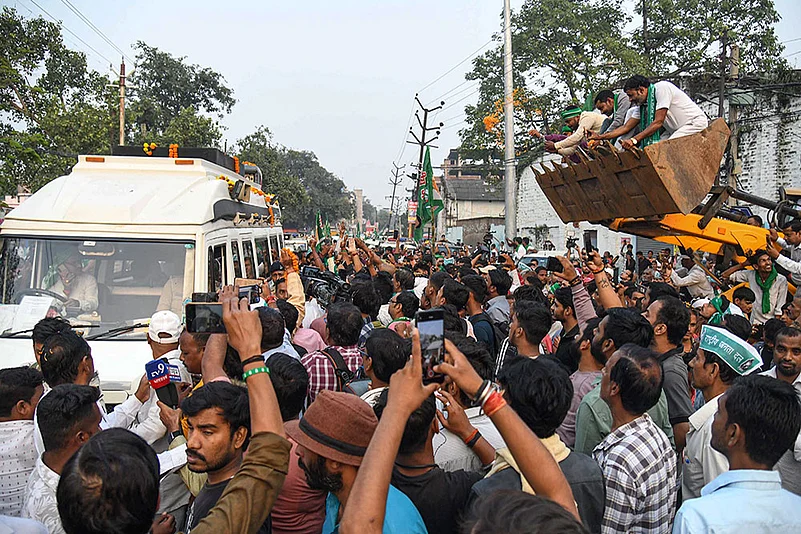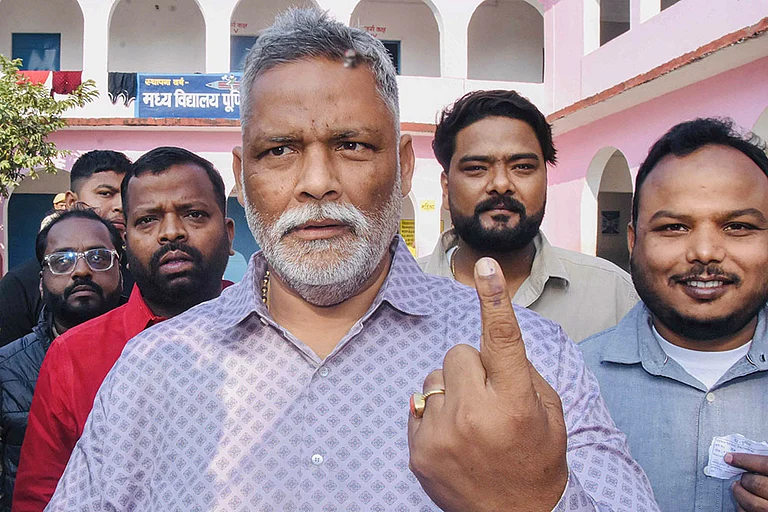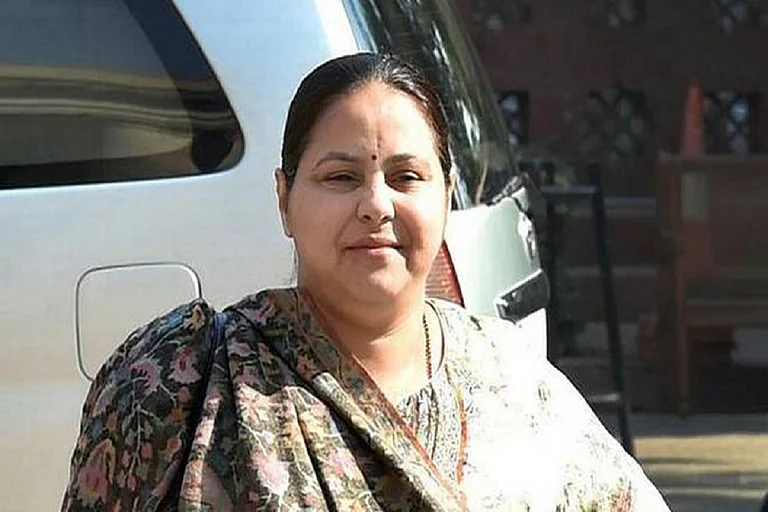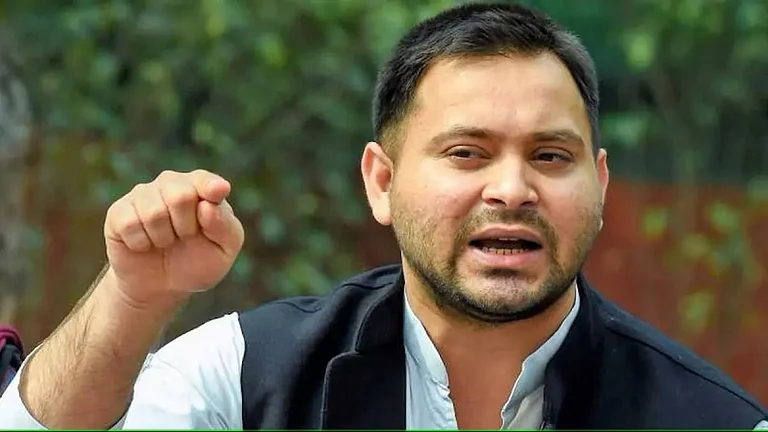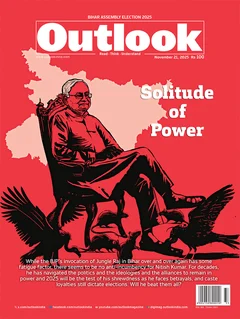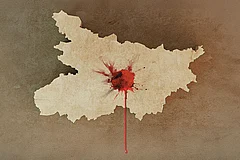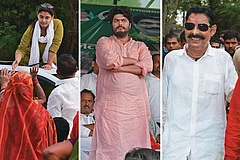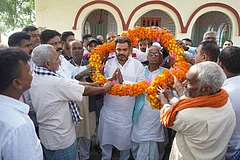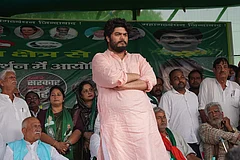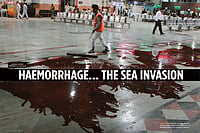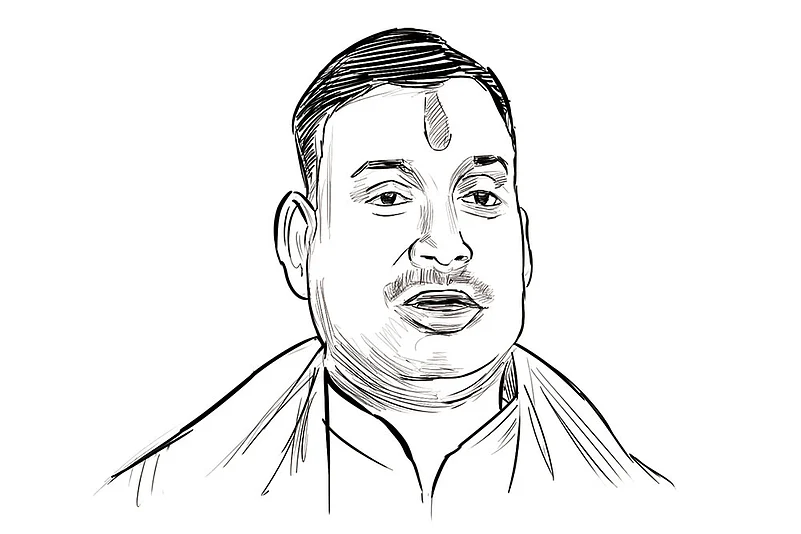
Munna Shukla: Born in Lalganj, Vaishali, Munna Shukla emerged from the socio-political turbulence of the 1990s, when caste-based militancy and muscle power dominated the state’s politics. Belonging to the influential Bhumihar community, Shukla’s early years were steeped in the crime-politics nexus of north Bihar, where rival caste groups—primarily Bhumihars, Yadavs and Dalits—fought for dominance. He first made headlines in the early 1990s for his involvement in extortion, contract killings and political intimidation. His name soon appeared in connection with several high-profile murders. Over the years, he was implicated in dozens of criminal cases, ranging from murder and kidnapping to the use of illegal arms and corruption. He was elected as an MLA from Lalganj multiple times—first as an independent, then under the banner of the Lok Janshakti Party (LJP), and later the JD(U). In 2007, he was convicted and sentenced to life imprisonment for his role in the murder of Gopalganj District Magistrate G. Krishnaiah. This year, his daughter Shivani Shukla fought the Bihar Assembly election from Lalganj on an RJD ticket.
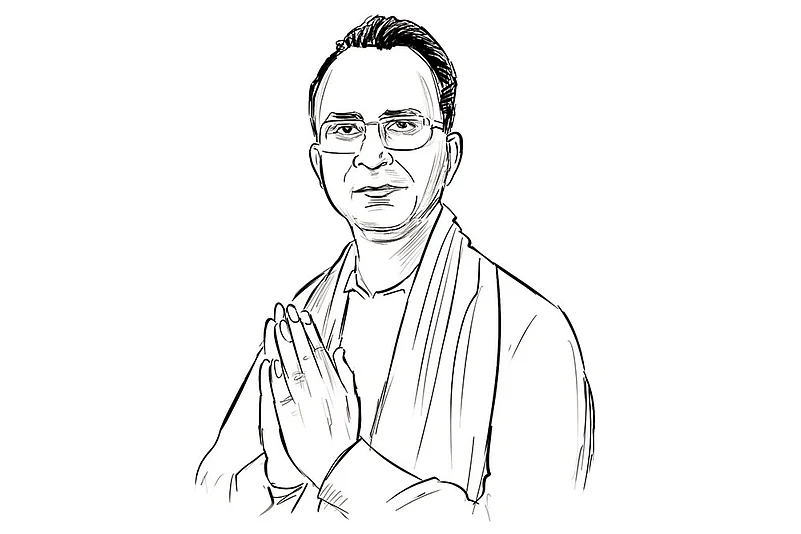
Ashok Mahto: Ashok Mahto, the feared gangster from Nalanda, hailed from the Kurmi caste. He first came to prominence in the late 1980s and early 1990s, when he formed the Ashok Mahto gang, composed mainly of Kurmi and Koeri youth who felt marginalised under the dominance of upper-caste landlords. He claimed to fight caste oppression while simultaneously running networks of extortion, kidnapping and murder across several districts. The most defining chapter in his violent career was his long and bloody feud with Akhilesh Singh, an influential Rajput landlord and legislator. The rivalry between the two men—often described as a caste war between Kurmis and Rajputs—claimed dozens of lives. In 2024, after being convicted and barred from contesting elections, the 62-year-old Mahto married Anita Kumari, a pharmacist sixteen years younger than him. This year, she is contesting from the Warisaliganj aasembly seat against sitting BJP legislator Aruna Devi, the wife of gangster Akhilesh Singh.
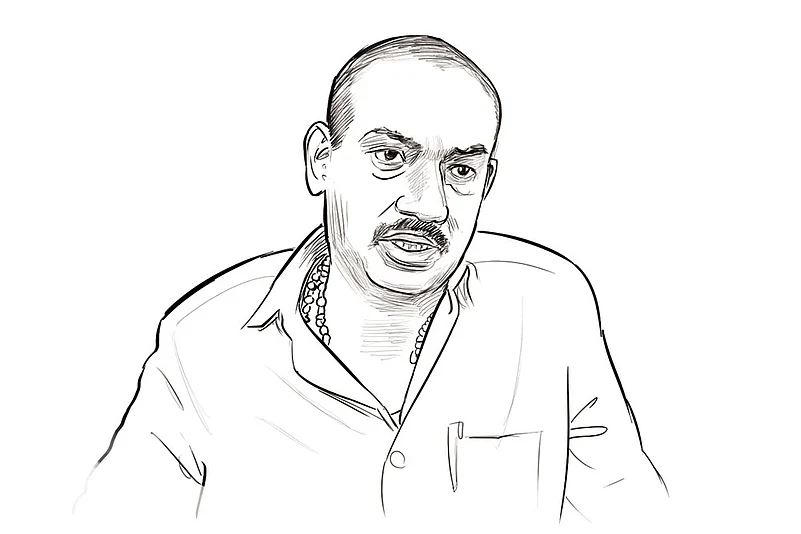
Ritlal Yadav: Facing over 40 criminal cases involving charges of murder, extortion, rioting and criminal intimidation, Ritlal Yadav first came into the spotlight in 2003 when he was accused in the murder of BJP leader Satyanarayan Sinha, husband of former MLA Asha Devi Sinha. Ritlal first earned Lalu Prasad Yadav’s favour when he extended support to Lalu’s daughter, Misa Bharti, during her campaign from the Pataliputra Lok Sabha constituency, even after being denied an RJD ticket from the same seat. Though Misa ultimately lost the election, Lalu rewarded Ritlal’s loyalty by inducting him into the party and appointing him as its General Secretary. In 2010, Ritlal Yadav surrendered in connection with several criminal cases filed against him and contested the Bihar Assembly elections that year as an independent candidate from prison and lost. While still incarcerated, he later contested the 2015 MLC elections independently and won. In 2020, after being released on bail, Ritlal contested the Bihar Assembly elections as an RJD candidate and defeated Asha Devi Sinha to secure victory from the Danapur seat. Prior to Ritlal’s win, Sinha had won the Danapur seat in 2005, 2010 and 2015 on a BJP ticket. Ritlal has been lodged in the Bhagalpur jail since he surrendered in the Danapur court on April 17, 2025.
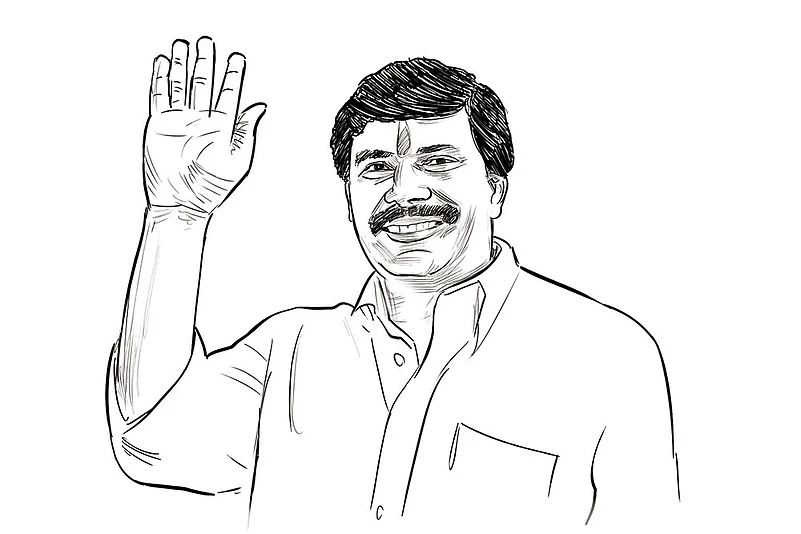
Anand Mohan Singh: Born in 1954 in Pachgachhia village of Saharsa district, Anand Mohan emerged from the social churn of post-Emergency Bihar as a fiery student leader and poet with socialist leanings. A product of the JP Movement, he was drawn to Lohiaite politics and came to be regarded as a representative of upper-caste Rajput assertion in north Bihar. Known for his powerful oratory and literary flair, he initially commanded respect for his poetic speeches and his ability to mobilise young people around issues of dignity and self-respect for Rajputs. Anand Mohan founded the Samajwadi Krantikari Sena, which later evolved into the Bihar People’s Party (BPP) in the 1990s, an era when caste-based militancy and muscle politics defined Bihar’s political landscape. However, his career soon became inseparable from Bihar’s criminal-political nexus. His name began to surface in cases related to extortion and violent political rivalries. The defining moment came in 1994, when G. Krishnaiah, a Dalit IAS officer serving as the District Magistrate of Gopalganj, was lynched by a mob reportedly instigated by Anand Mohan. In 2007, he was convicted by a special court and sentenced to death, a punishment later commuted to life imprisonment by the Patna High Court. His wife, Lovely Anand, an MP from Sheohar, and his son, Chetan Anand, have continued to play active roles in politics.

Dhumal Singh: In the Ekma constituency on the Saran–Siwan border, strongman Manoranjan Singh, better known as Dhumal Singh, is contesting on a JD(U) ticket. Known to be close to Chief Minister Nitish Kumar, Dhumal Singh first entered politics in 2000, winning as an independent from Baniyapur in Saran. Hailing from Kauwakol in Nawada district, he rose through the violent underworld of the 1990s and 2000s, an era when caste militias, extortion networks and political patronage blurred the line between crime and legitimacy. A Rajput by caste, Dhumal began as an associate and later a trusted lieutenant of powerful gangster politician Akhilesh Singh. Initially known more as an enforcer than a political actor, Dhumal played a key role in maintaining his gang’s supremacy across Nawada, Rajouli and Sheikhpura. Police records link him to several cases of murder, extortion, land-grabbing and kidnapping for ransom—crimes often framed as retribution in the caste wars that ravaged Bihar.

Pappu Yadav: Born on December 24, 1967, in Khurda Karveli village in Madhepura, Bihar, Pappu Yadav loves his Bahubali tag—he says he stands up against the rich who exploit the poor. Yadav, a political science graduate, has a history of facing numerous criminal charges, including serious allegations like murder and kidnapping. As of 2024, he has 41 pending cases against him. Yadav transitioned into politics in the 1990s. He has been elected to the Lok Sabha in 1991, 1996, 1999, 2004, 2014 and 2024, representing various constituencies in Bihar either independently or under different party banners, including the Samajwadi Party, Lok Janshakti Party, and Rashtriya Janata Dal (RJD), but his electoral success has been largely independent of party affiliations. In 2008, he was convicted of the murder of CPM’s one-time Purnea legislator, Ajit Sarkar. During his time in jail, Yadav penned his autobiography titled Drohkal Ka Pathik. In 2015, he formed his own political outfit, Jan Adhikar Party.
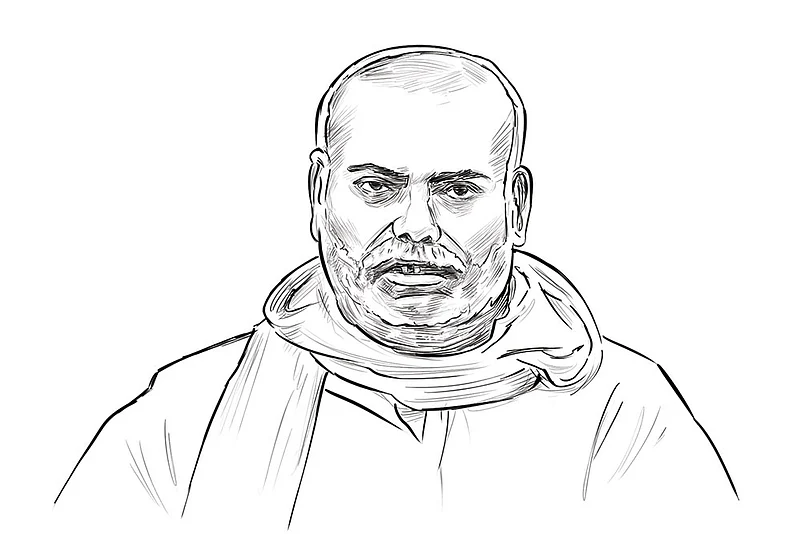
Raj Ballabh Yadav: Born in the early 1960s in Nawada, Raj Ballabh Yadav began his public life in the 1990s, a decade when Bihar’s politics was being redefined by Lalu Prasad Yadav and the RJD. Yadav rose to prominence, first as a local contractor and later as a full-fledged politician aligned with the RJD. He was elected MLA from Nawada multiple times—first in 1995, then in 2000, and again in 2015. His career came crashing down in 2016 when he was accused of raping a minor girl. In 2018, a special POCSO court in Patna found Yadav guilty of rape, criminal intimidation, and conspiracy, sentencing him to life imprisonment. The verdict was one of the few instances in Bihar where a sitting legislator was convicted in a sexual assault case. His conviction led to his disqualification from the Assembly. Even from behind bars, Yadav’s political shadow lingered over Nawada. His wife, Vibha Devi, entered politics and continued to contest elections on the RJD ticket. A few weeks before the 2025 Bihar Assembly elections, the Patna High Court acquitted him in the rape case.
MORE FROM THIS ISSUE
This story appeared in print as 'The Robin Hoods Of Bihar' in Outlook’s November 21 issue Solitude Of Power, in which we trace Bihar’s enduring political grammar, where caste equations remain constant, alliances shift like sand, and one man’s survival instinct continues to shape the state’s destiny.






